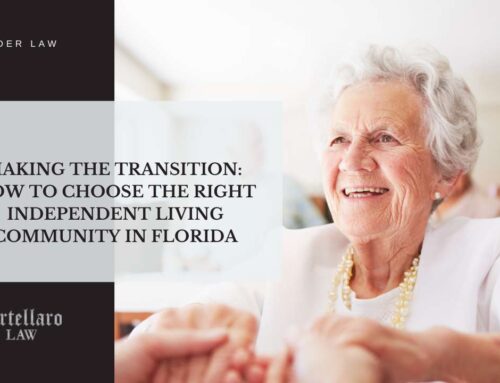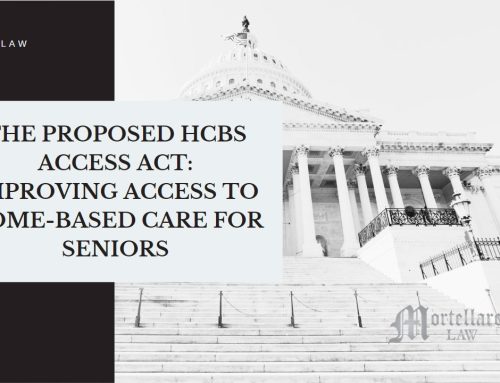Will |
So, you’ve had your estate matters all settled in accordance with elder law and you feel confident that you and your estate lawyer have thought of everything. That’s great! One of the most stressful matters in life has been settled and you feel confident that your loved ones are to be taken care of after your passing. There’s just one problem. What happens if your beneficiary dies?
When the Beneficiary Dies
Every conceivable event in life has a contingency in elder law and that’s especially true, when it comes to the rules for handling beneficiaries. Speak to your attorney about your intentions in these potential circumstances. Your estate plan may include instructions for how to handle the transfer of assets if a beneficiary dies before you. You may choose to have those assets go to a different beneficiary you name. Alternatively, if a beneficiary dies, before probate is settled on an estate, and no instructions are left in your estate plan, the inheritance may becomes a part of that individual’s estate. Assuming the beneficiary had a will of his or her own, the inheritance would pass on to his/her own beneficiaries. Suppose the second decedent hadn’t pursued any type of estate planning. The inheritance from the first decedent would then be distributed, based upon the intestacy laws of the state. Contrary to public belief, this does not mean that the state will keep the assets. Instead, the inheritance is to be passed on to the closest living relative, based on a list of known kinship’s. The list starts with the spouse, moving on to children, and, if none exist, moves on to others, often referred to as “heirs-at-law” by the state.
When the Power of Attorney Becomes Incapacitated
When working with an elder law attorney, it’s important to consider all of the possibilities. This includes the chances that someone you choose as your power of attorney dies, or otherwise becomes unable to fulfill the duties of that position. An experienced estate planning attorney may ask you to designate an alternative P.O.A., or possibly have you list a few alternatives. By getting a back-up plan in place, you can ensure your matters will be taken care of at a time when you may not be able to act on your own behalf.
If the first P.O.A. does die or become incapacitated, the standby guardian has to provide proof that the first selection is unable to act. This means presenting the state with the document naming the original P.O.A. and that person’s death certificate, along with a document establishing the standby as the new P.O.A.
So, it’s time for people to worry less and act more. Individuals needing help or assistance in elder law or estate planning services can easily contact The Law Office of Michelangelo Mortellaro P.A.—the best estate planning attorneys in Tampa, FL.
To schedule a meeting with an attorney, please call 813-501-6945.




